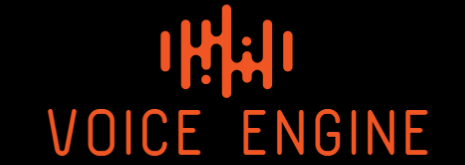OpenAI has officially opened its powerful speech-to-speech AI engine to developers, allowing third-party apps to integrate advanced conversational voice features. This significant update positions the AI powerhouse to revolutionize the way voice interfaces are used across various industries.
Why It Matters:
With the launch of this speech-to-speech functionality, developers can now harness the same technology that powers the voice mode of ChatGPT. This marks a pivotal moment for businesses and app developers aiming to offer voice-driven interactions in their products, bringing advanced AI conversations to a wider audience.
Key Announcements from OpenAI’s DevDay:
During OpenAI’s highly anticipated DevDay event in San Francisco, the company introduced several major updates to their platform. One of the standout announcements is that the speech-to-speech feature, which allows users to converse with AI in real time, is now accessible to developers. Early partners, such as the popular fitness and nutrition app Healthify and language learning app Speak, have already integrated the feature for enhanced user engagement.
Another key update includes giving developers the ability to fine-tune models using both text and images, opening up new possibilities for creating highly customized AI solutions.
Practical Applications:
In a live demo at the event, OpenAI showcased the versatility of its speech AI by demonstrating a voice-driven interaction between an AI assistant and a fictional candy shop, where the assistant successfully placed an order for 400 chocolate-covered strawberries. This example illustrates how businesses across sectors—from retail to healthcare—can implement AI-powered voice interfaces to enhance customer service, streamline operations, and improve user experiences.
Developer Access:
For now, developers will be restricted to using the preset voices provided by OpenAI, which are the same ones available in ChatGPT’s voice mode. While these voices won’t carry a watermark or be required to self-identify as AI, OpenAI emphasizes that its terms of service strictly prohibit any use of the system for spamming or deceptive purposes.
Looking Ahead:
The release of OpenAI’s speech-to-speech AI tool comes at a time of rapid expansion for the company. Recent months have seen the company raise substantial funds and undergo notable leadership changes, including the recent departure of CTO Mira Murati. Despite the internal shifts, OpenAI continues to push the boundaries of AI innovation with developments like these, which are poised to transform industries ranging from education and healthcare to customer service and entertainment.
With OpenAI’s speech AI engine now open to developers, we can expect a surge of AI-powered apps offering more natural and immersive voice experiences in the near future.
